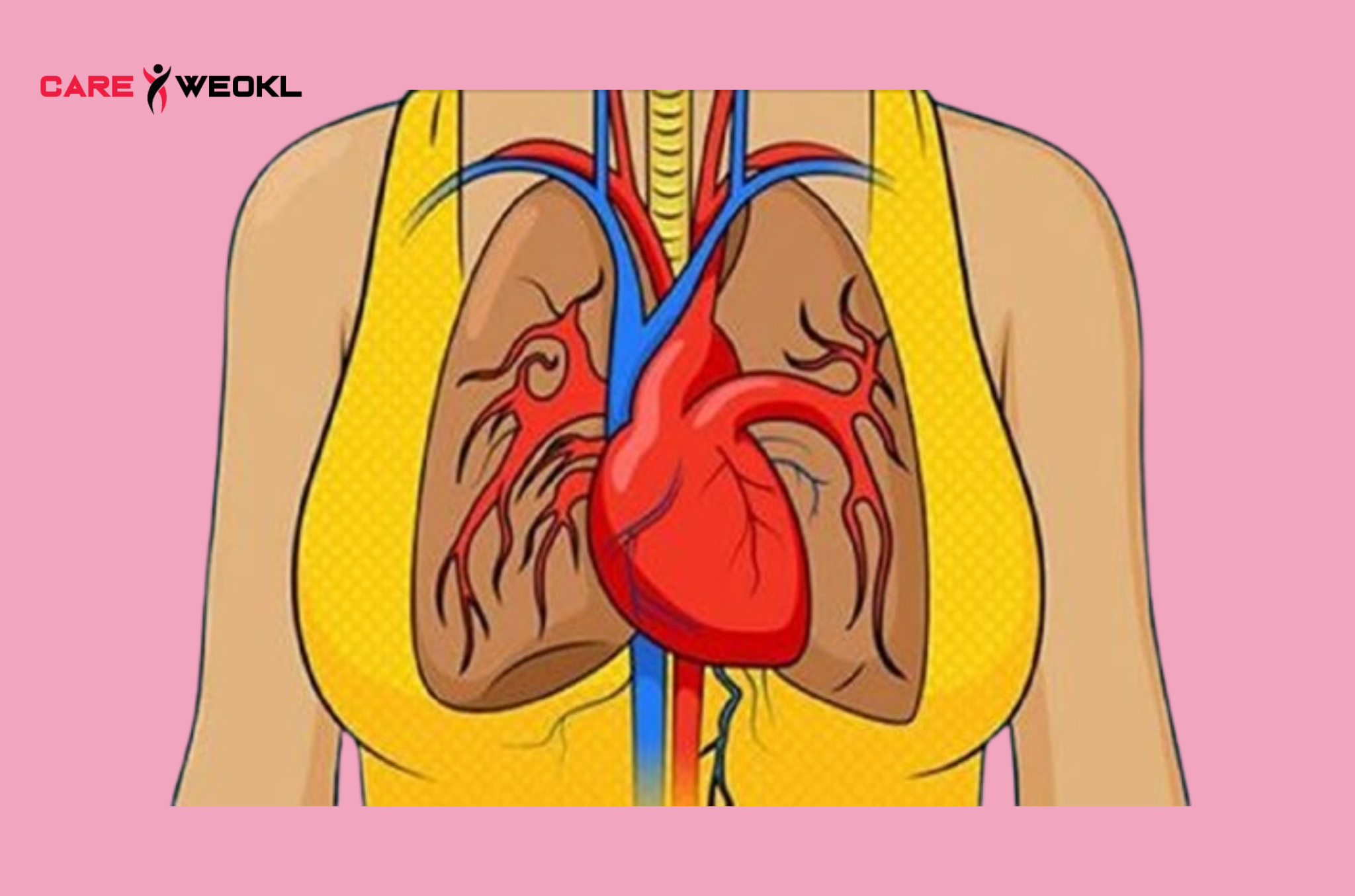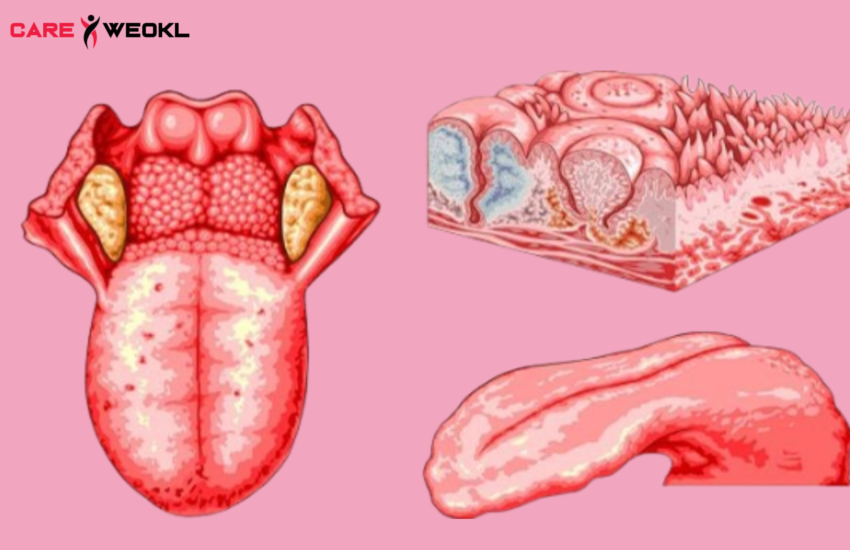One Month Before a Heart Attack, Your Body Will Warn You – Here a
Heart attacks don’t usually happen without warning. In fact, there are often signs your body sends you weeks before a heart attack occurs. Recognizing these early signs can help save lives, as they provide an opportunity to seek medical attention and make the necessary lifestyle changes.
- Unexplained fatigue
One of the first signs that you may be having a heart attack is unexplained fatigue. Feeling more tired than usual, especially after simple tasks, can indicate that your heart isn’t pumping blood as efficiently as it should. This fatigue can be a result of a decrease in oxygen supply to your body and heart. - Shortness of breath
If you notice increasing difficulty breathing, especially with minimal physical exertion, it’s important to pay attention. Shortness of breath can indicate heart problems, as your heart can’t pump oxygenated blood effectively throughout your body, causing fluid to build up in your lungs. - Chest pain or pressure
While chest pain is often associated with heart attacks, some individuals experience a more subtle sense of pressure or discomfort in the chest in the weeks leading up to the event. It may feel like an unusual tightness, pressure, or heaviness that comes and goes. - Dizziness or lightheadedness
Feeling dizzy or faint, especially when you stand up quickly, can be a sign that your heart is not pumping enough blood to your vital organs. This may be due to narrowing or blockage in your arteries that is affecting blood flow to your brain. - Swelling in your legs, ankles, or feet
When your heart is struggling, fluid can build up in your lower body, causing swelling. This is a common sign of heart failure, which can precede a heart attack. It may be accompanied by weight gain due to fluid retention. - Upper body pain or discomfort
In the month before a heart attack, some people may experience pain or discomfort in areas other than their chest. Common spots include the shoulders, arms (especially the left), neck, jaw, or back. This discomfort may come and go, and is often triggered by physical activity or stress. - Nausea or indigestion
Some people experience nausea or indigestion before a heart attack. Some may mistake this feeling of stomach upset or discomfort for a digestive problem, but it may actually be related to poor circulation and heart stress. - Cold sweats
Unexpected cold sweats, especially while resting or sleeping, can be a sign of an impending heart attack. This happens when the body is in distress, trying to cope with reduced blood flow and oxygen to vital organs. - Sleep problems
Difficulty sleeping, especially if you suddenly find it hard to stay asleep or wake up frequently in the middle of the night, can be a warning sign. A stressed heart can disrupt sleep, which can lead to anxiety, a common precursor to more serious heart problems. - Increased heart rate
A heart rate that is abnormally fast or irregular can be a warning sign. While a racing heart can occur during stress or exercise, a high heart rate at rest or when doing light activities may indicate a problem with your heart’s ability to function properly. - Anxiety and stress
A sudden surge in feelings of anxiety or a persistent feeling of stress may be linked to heart problems. The body’s stress response releases adrenaline, which can worsen heart conditions and contribute to the sense of impending doom that often accompanies heart attacks.
What you can do about it
If you notice any of these symptoms, it’s important to see a healthcare professional right away. Early detection and intervention can help prevent a heart attack, and lifestyle changes like improving your diet, increasing physical activity, and managing stress can help protect your heart health.
The bottom line
Your body has a great way of signaling when something is wrong. Heeding these early warning signs may be the key to avoiding a heart attack. Don’t ignore the subtle signs your body is sending you — seek medical advice early and make heart-healthy choices to protect yourself.
This structure allows you to explain each symptom in detail, explain why it occurs, and how it relates to heart health. Let me know if you would like help expanding any specific sections or adding more information!



